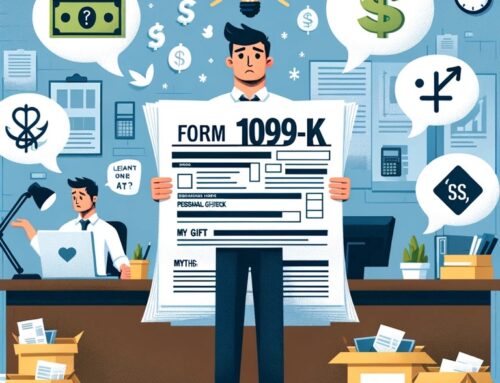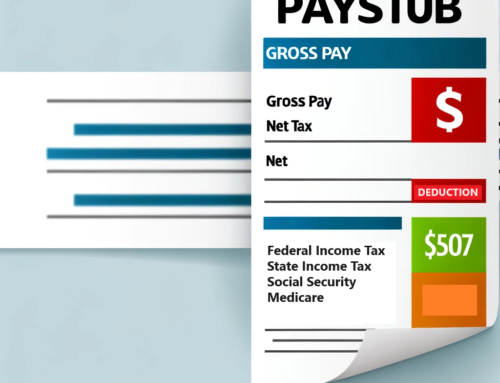Source: IRS.gov
If the sweltering dog days of summer aren’t incentive enough to get out of the sun for awhile, the IRS suggests another reason to head indoors: organizing your tax records. Devoting some time mid-year to putting your tax-related documents in order may not only keep you out of the sun, but it should also make it easier for you to prepare your tax return when the filing season arrives.
Here are some things the IRS wants individuals and small business owners to know about recordkeeping.
- What to keep – Individuals. In most cases, keep records that support items on your tax return for at least three years after that tax return has been filed. Examples include bills, credit card and other receipts, invoices, mileage logs, canceled, imaged or substitute checks or other proof of payment and any other records to support deductions or credits claimed. You should typically keep records relating to property at least three years after you’ve sold or otherwise disposed of the property. Examples include a home purchase or improvement, stocks and other investments, Individual Retirement Account transactions and rental property records.
- What to keep – Small Business Owners. Typically, keep all your employment tax records for at least four years after the tax becomes due or is paid, whichever is later. Also, keep records documenting gross receipts, proof of purchases, expenses and assets. Examples include cash register tapes, bank deposit slips, receipt books, purchase and sales invoices, credit card charges and sales slips, Forms 1099-MISC, canceled checks, account statements, petty cash slips and real estate closing statements. Electronic records can include databases, saved files, e-mails, instant messages, faxes and voice messages.
- How to keep them – Although the IRS generally does not require you to keep your records in any special manner, having a designated place for tax documents and receipts is a good idea. It will make preparing your return easier, and it may also remind you of relevant transactions. Good recordkeeping will also help you prepare a response if you receive an IRS notice or need to substantiate items on your return if you are selected for an audit.
For more information on recordkeeping for individuals, check out Chapter 1, “Filing Information,“ in IRS Publication 17, Your Federal Income Tax. Find small business recordkeeping information in IRS Publication 583, Starting a Business and Keeping Records. Both publications are available at IRS.gov or by calling 800-TAX-FORM (800-829-3676). Also available are new video and audio files explaining recordkeeping requirements in detail, located on our IRS video portal at www.irsvideos.gov.




Leave A Comment
You must be logged in to post a comment.